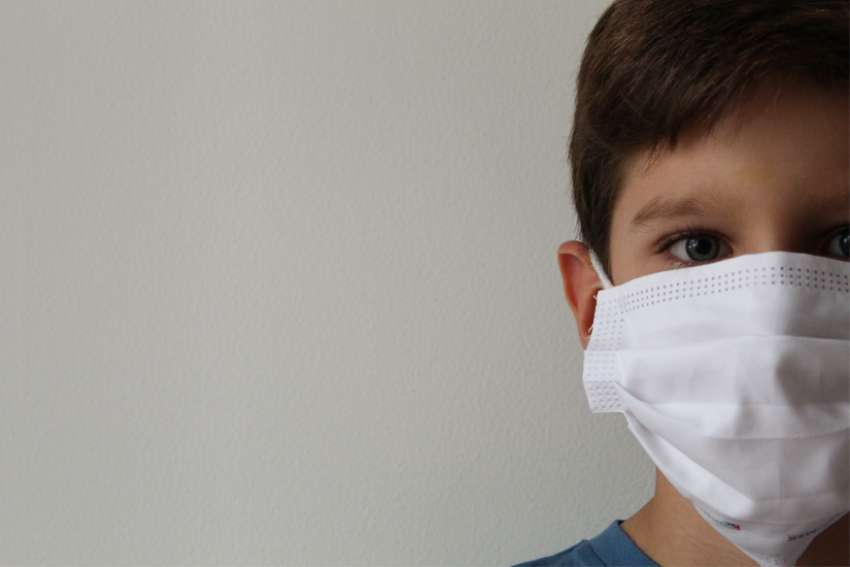Way back in May 2020, the Pew Research Center conducted a study to determine how often Americans were discussing COVID-19 and discovered that 44 per cent spoke about it in either most of or all of their conversations.
“But that survey is more than a year old,” you might say. “And it’s from the U.S.A. How do we know it’s still relevant? Especially for Canadians?”
Point taken. Yet, I counter with another question. How much has the rise of COVID-19 vaccines — and debates over the virus itself — heightened the buzz surrounding the issue as a whole? I think drastically.
In my own personal experience over the past few months, the majority of conversations I’ve participated in have veered towards the pandemic in one way or another.
The process is simple. Somebody comments on the current number of cases. Another responds with a more positive remark about the rising percentage of vaccinated citizens. This sparks an opinionated discussion — or argument — in which each participant thinks he/she is right.
Sound familiar? In its essence, discussing COVID-19 is not wrong. In fact, in many ways, it’s good. Through healthy, moderated discussion we can come to a deeper understanding of how to keep coping.
But focusing on the pandemic in the majority of our conversations? Not only is that tiresome, it’s harmful too.
Think about it. Before the pandemic, everyday conversations with friends and family would consist of a wide variety of topics. You’d talk about your interests, your passions, your pursuits. And every now and then, you’d mention politics. But unless politics are a hobby of yours, it was never a topic you particularly loved. Why? Because discussing politics is like lighting a match at a gas station. You risk an explosion by doing so. And, since friends and family are not exactly the kind of people you want to see go up in flames, you avoid the topic like the plague.
But COVID-19 has been different. Since it has affected the lives of every human being on the planet, we all have an opinion on it. And we all enjoy sharing those opinions. However, like politics, this chatter has potentially combustible undertones.
It can turn nasty in seconds. I’ve seen friends and families ripped asunder because they didn’t see eye to eye on issues surrounding the virus. One person asks the other if they are vaccinated. The other says no, quickly followed by their opinion that the vaccine is dangerous. They tussle and tug, make hurtful comments and then sever ties completely.
In a matter of minutes, these individuals fell victim to a malady much deadlier than COVID-19: The spiritual illness brought on by pride, anger and animosity.
So, if you relate to these words and can’t seem to get out of the COVID-conversation rut, then I have a little challenge for you. For the next three days, avoid conversing about COVID-19 like it’s a steaming tater in a game of hot potato. If somebody mentions the virus in passing, or you mention it yourself for context, that’s OK. But avoid discussing the subject in depth for three days.
Instead, find other topics to discuss. Chat about that movie you watched last weekend or about that book you’re reading. Share recipes, reminisce on simpler times. Even talk about the weather! Just avoid COVID-19.
Give it a shot. Afterwards, you just might find you never want to go back.
(Wilson, 20, is studying for his Bachelor of Catholic Studies degree at Seat of Wisdom College in Barry’s Bay, Ont.)


